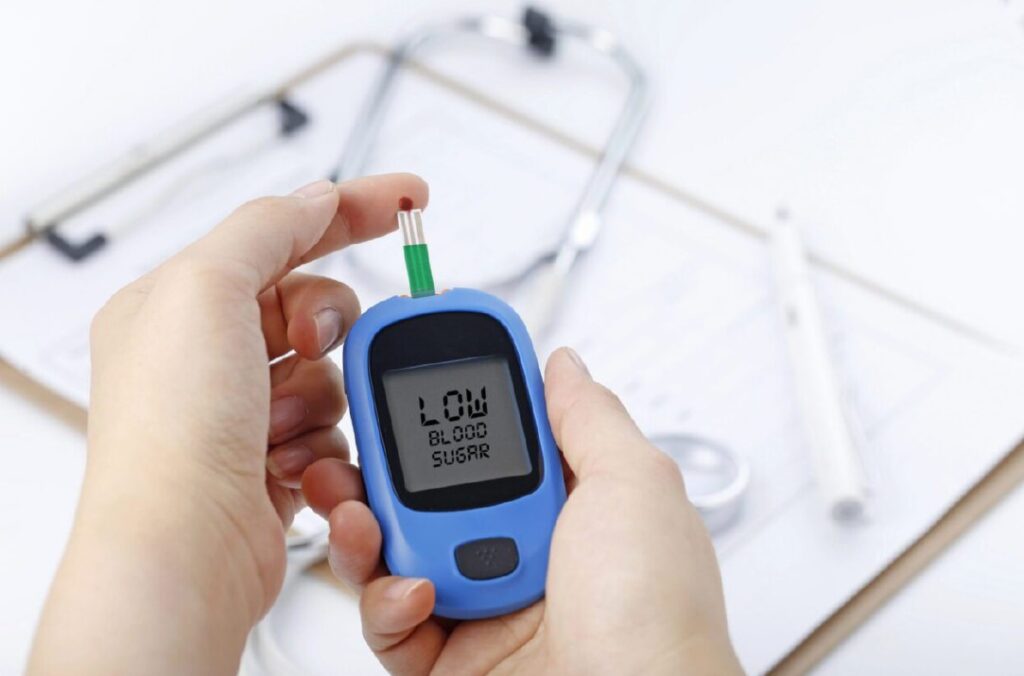Insulin is a very important hormone that your pancreas produces. It serves a variety of purposes, including allowing your cells to absorb sugar from your blood for energy.
Chronically high insulin levels, also known as hyperinsulinemia, can cause excessive weight gain and major health concerns such as heart disease and cancer. If you are looking for ways to keep your insulin levels lower, there are some steps you can take to help.
Learn how to recognize and control high and low blood sugar levels so that you can prevent medical emergencies.
Diabetes is a leading cause of
- Blindness
- Kidney failure
- Heart attacks
- Strokes
Type 1 diabetes
- Born with the inability to produce enough insulin
- Need insulin therapy on a daily basis
Type 2 diabetes
- Due to chronically high intake of refined sugars and simple carbohydrates (breads, rice, grains, etc.) the body is unable to process the sugar and type 2 diabetes is acquired
- Ineffective use of insulin by the body
- Increased body weight and physical inactivity
- Type 2 diabetes affects more than 95% of patients with diabetes
Insulin Resistance: What Causes It?
Insulin resistance is caused by a variety of factors, including,
- Overeating and being inactive
- High intake of refined sugars (sweets) & simple carbohydrates (breads, rice, grains, etc.)
- Age
- Steroid use
- Poor sleep habits
- Smoking
Symptoms of insulin resistance
- A severe case of thirst or hunger
- Even after a meal feeling hungry
- Urination is more frequent or increasing
- Feelings of tingling in your hands or feet
- Feeling a little more fatigued than normal
Blood sugar levels are affected by a variety of circumstances, including the following:
- Caloric intake
- When and how much you workout
- Where do you inject your insulin?
- You should take your insulin shots at the same time every day
- Sickness & Stress
High blood sugar (hyperglycemia)
When your blood sugar (glucose) level rises above the healthy range, you have high blood sugar
Things can help you avoid high blood sugar problems,
- Check your blood sugar levels frequently
- Exercise on a regular basis
- Ensure a good carb intake
- Raise your fibre intake
- Stay hydrated by drinking water
- Control the amount of food you eat
Low blood sugar (hypoglycemia)
When your blood sugar (glucose) level falls below what your body requires, you have low blood sugar
Things can help you avoid low blood sugar problems,
- Stick to your meal plan
- Eat all your meals and snacks on time and try not to skip any
- Your meals should be spaced no more than 4 to 5 hours apart
- After each meal, exercise for 30 minutes to an hour
- Before you take your diabetes medicine, double-check your insulin and dose
- After an insulin shot, avoid taking a hot bath or shower
Foods that keep blood sugar levels low
- Avocado
- Cinnamon
- Garlic
- Honey
- Yogurt without added sugars
These lifestyle adjustments are really effective. Consult your doctor for advice on how to get started with a fitness program with a Personal Trainer!!

